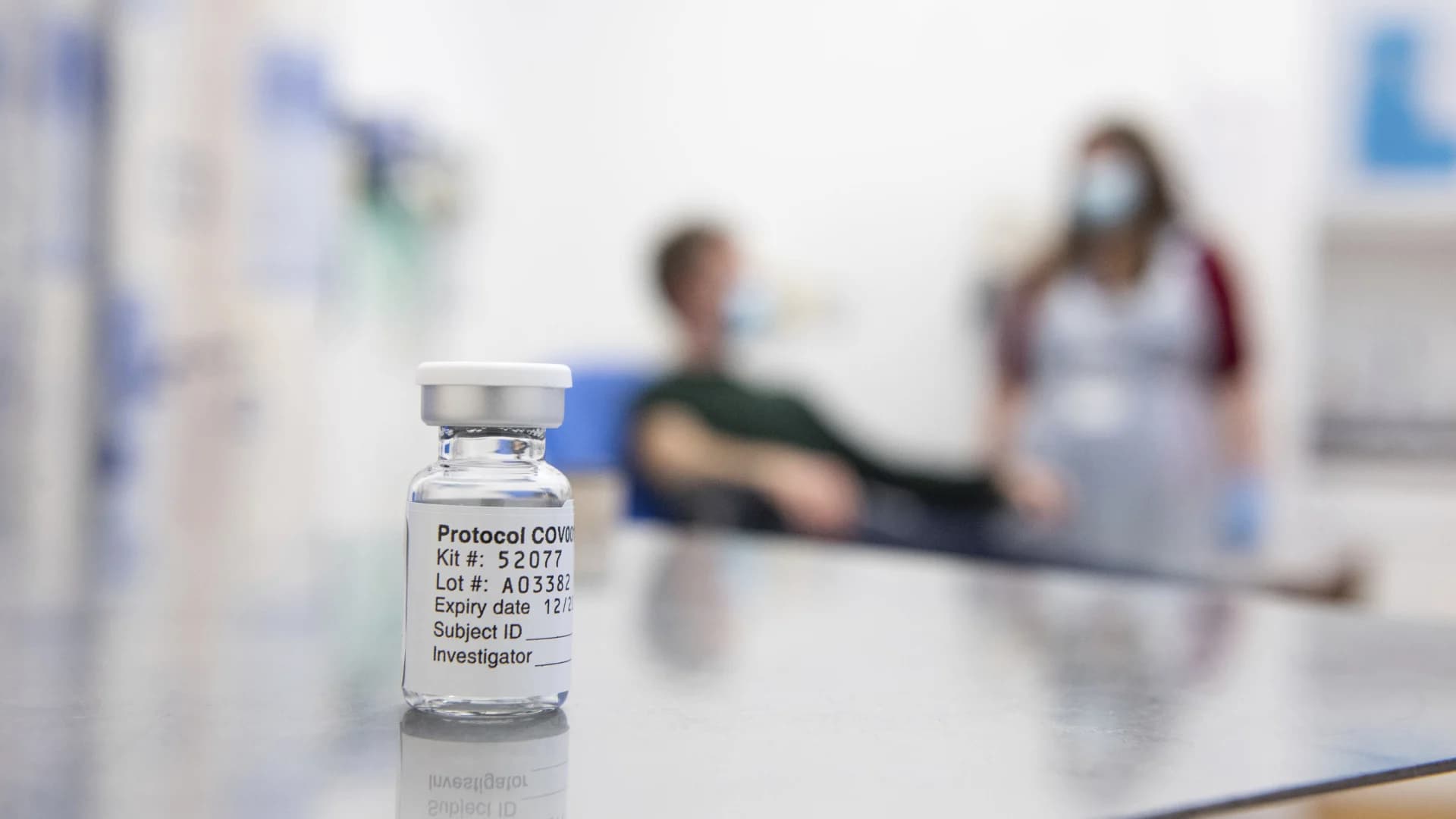More Stories

As the first COVID-19 vaccines were administered in England, some people were reported to have experienced severe allergic reactions.
In the U.S., the Centers for Disease Control and Prevention says it also learned of reports in the U.S. after people got the shot. In Alaska, two health care workers at the same hospital developed concerning reactions just minutes after receiving Pfizer’s coronavirus vaccine.
As an example, an allergic reaction is considered severe when a person needs to be treated with epinephrine or EpiPen, or if they must go to the hospital.
Below is what you need to know about COVID-19 vaccines and severe allergic reactions:
1. If you get a COVID-19 vaccine and you think you might be having a severe allergic reaction after leaving the vaccination site, seek immediate medical care by calling 911.
2. If you have ever had a severe allergic reaction to any ingredient in a COVID-19 vaccine, the CDC recommends that you should not get that specific vaccine. If you have had a severe allergic reaction to other vaccines or injectable therapies, you should ask your doctor if you should get a COVID-19 vaccine. Your doctor will help you decide if it is safe for you to get vaccinated.
3. The CDC recommends that people with a history of severe allergic reactions not related to vaccines or injectable medications, such as allergies to food, pet, venom, environmental, or latex, may still get vaccinated. People with a history of allergies to oral medications or a family history of severe allergic reactions, or who might have an milder allergy to vaccines may also still get vaccinated.
When can I get the COVID-19 vaccine? Here are three things to know about the shot availability.
4. If you have a severe allergic reaction after getting the first shot, you should not get the second shot. Your doctor may refer you to a specialist in allergies and immunology to provide more care or advice.
5. All people who get a COVID-19 vaccine should be monitored on-site. People with a history of severe allergic reactions should be monitored for 30 minutes after getting the vaccine. All other people should be monitored for 15 minutes after getting the vaccine.
6. Vaccination providers should have appropriate medications and equipment, such as epinephrine, antihistamines, stethoscopes, blood pressure cuffs, and timing devices to check your pulse, at all COVID-19 vaccination sites.
7. If you experience a severe allergic reaction after getting a COVID-19 vaccine, vaccination providers should provide rapid care and call for emergency medical services. You should continue to be monitored in a medical facility for at least several hours.
Learn more about what to expect after getting vaccinated for COVID-19, including normal side effects and tips to reduce pain or discomfort here.
More from News 12
1:28

5 simple steps for long-term benefits to your health and heart
1:32

8 tips for working safely during hot weather
3:31

Guide: Ways to set your child up for financial success
3:18

Guide: The importance of good sleep and how to get it

Guide: Mental health resources available in the tri-state
9:36
